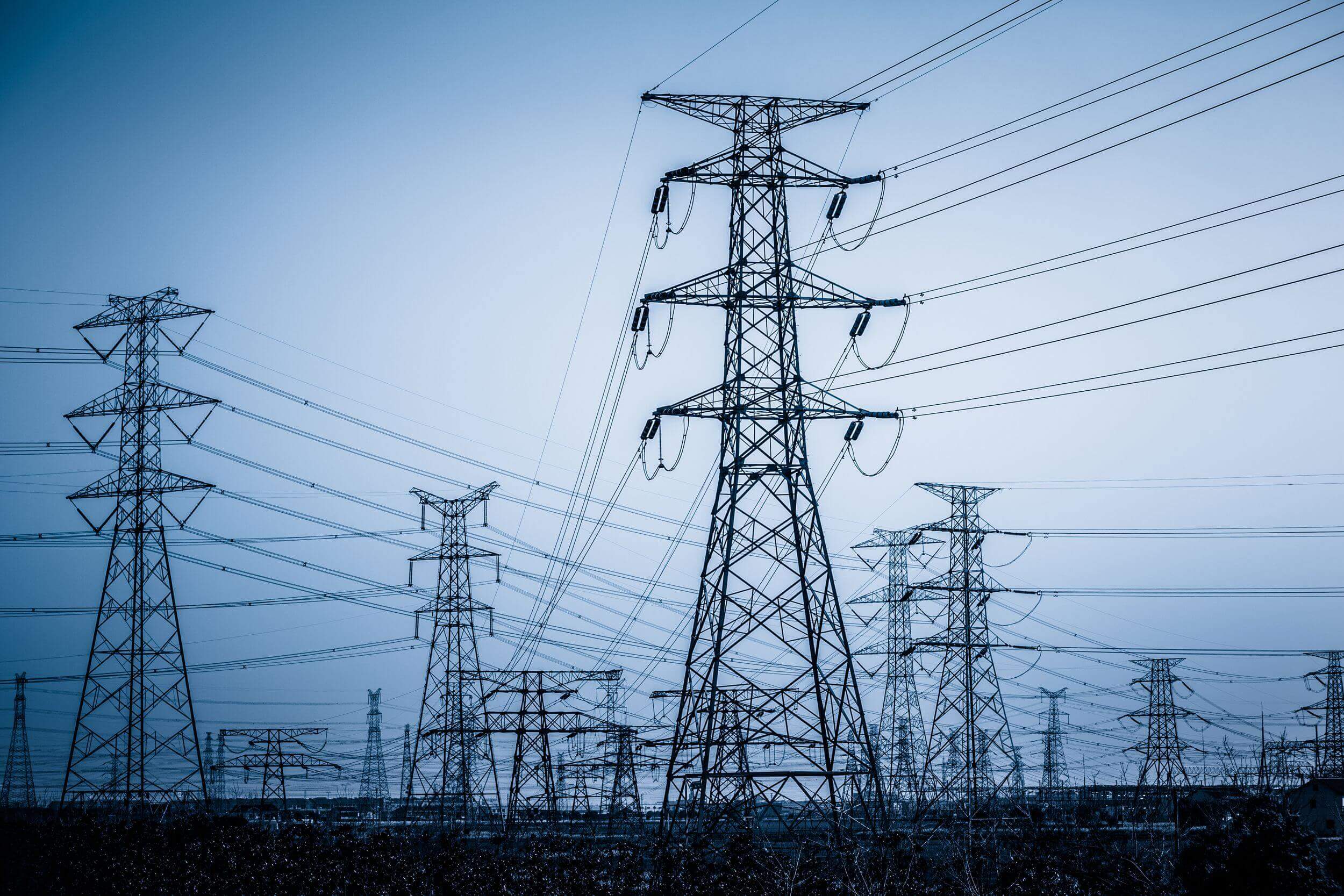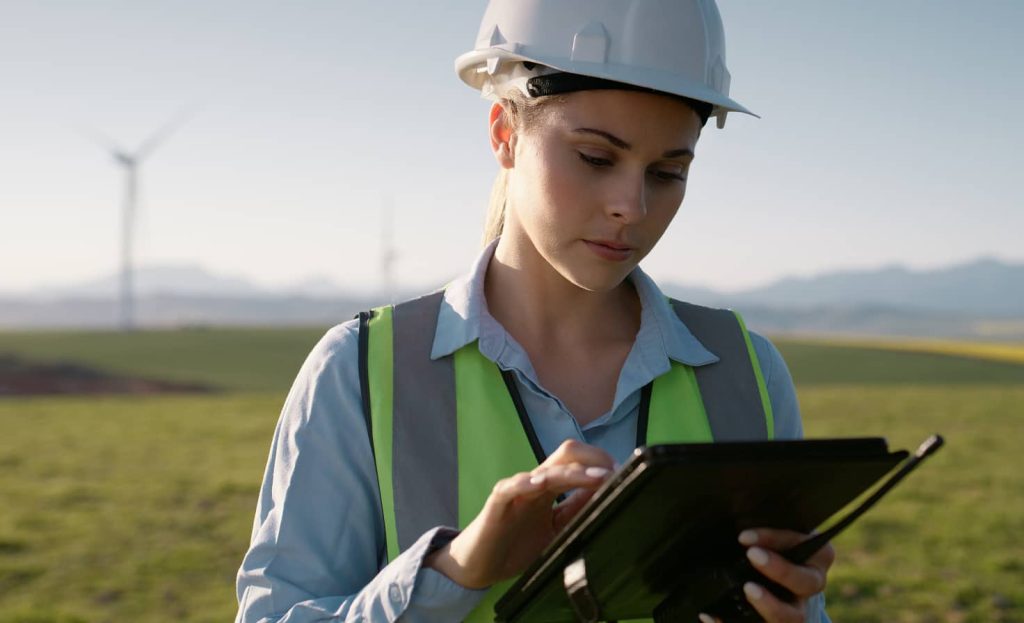
The three Ds - decarbonisation, decentralisation and digitisation - are transforming the energy sector, as the quest for a carbon-free world continues. This falls on a backdrop of the IoT’s driving of efficiency around wind turbines and solar systems, which look set to represent the future of global energy consumption. The new connected energy business model is already here, it is called the internet of energy.
The internet of energy explained
The year is 2018 and the demand for clean energy has never been higher. Governments presiding over developed markets face pressures to cut emissions in the face of global warming, while projections from the International Energy Agency outlines a rise of 55% in the global demand for energy between 2005 - 2030.
Access to energy has already increased in recent years, but with the UN estimating global population growth of a further two billion by 2040, the coming years will lead to huge pressure on solar and wind power to meet this growing demand.
Another factor is the decentralisation of energy grids as a result of old, centralised systems failing to integrate newer units, like solar panels. Operators claim that billions are being spent on stabilising faulty power grids every year, with some of this passing onto the consumer.
A solution comes in the form of an internet of energy, whose technology can provide the infrastructure for decentralised, smarter energy grids and a stable supply of power.
The future of power
The internet of energy is based on a foundation of data, collected by a network of sensors with varying applications.
General Electric is one of the groups that use sensors within its turbines to monitor things like output and productivity. This is funnelled into a computer providing information on external factors, like the weather or fuel costs, which churns out recommendations for peak performance.
Artificial intelligence is ideal in this situation as a result of its ability to analyse data much quicker and more effectively than humans. In 2017 the concept was praised by the United States Department of Energy following its examination of past fluctuations in power to determine the answers for a more stable and efficient grid.
Quantum computing is another area of much interest for energy players. Its ability to process and store data at a faster pace than a classical computer makes it perfect for oil rigs, where tens of thousands of sensors are used to collect information on the performance of equipment.
At the core of further decentralisation have been blockchain solutions; touted by China’s State Grid Corporation as a way of securing information on things like use of power and market prices. Data can then be shared with government software and private firms to develop a deeper understanding of the country’s energy consumption.
Conclusion
In near enough every use case of the internet of energy, there is an underlying theme: connectivity. By collecting, analysing and trading data via a secure, decentralised network, the energy industry can start to find a route towards providing renewables for the world’s population.
The truth is, solar and wind turbines will not solve our problems alone. With revelations that the annual waste of renewable energy from China is enough to power Beijing for an entire year, there is a clear need for a network to make better use of this equipment.
Given the rising demand for energy - and its following of a production model that dates back over 100 years - our companies must embrace the innovations that can accelerate its production. Through an internet of energy, we might have found the answer.
Get in touch to see how your own organisation can benefit from decentralised solutions and IoT.
Related Insights








The breadth of knowledge and understanding that ELEKS has within its walls allows us to leverage that expertise to make superior deliverables for our customers. When you work with ELEKS, you are working with the top 1% of the aptitude and engineering excellence of the whole country.

Right from the start, we really liked ELEKS’ commitment and engagement. They came to us with their best people to try to understand our context, our business idea, and developed the first prototype with us. They were very professional and very customer oriented. I think, without ELEKS it probably would not have been possible to have such a successful product in such a short period of time.

ELEKS has been involved in the development of a number of our consumer-facing websites and mobile applications that allow our customers to easily track their shipments, get the information they need as well as stay in touch with us. We’ve appreciated the level of ELEKS’ expertise, responsiveness and attention to details.

